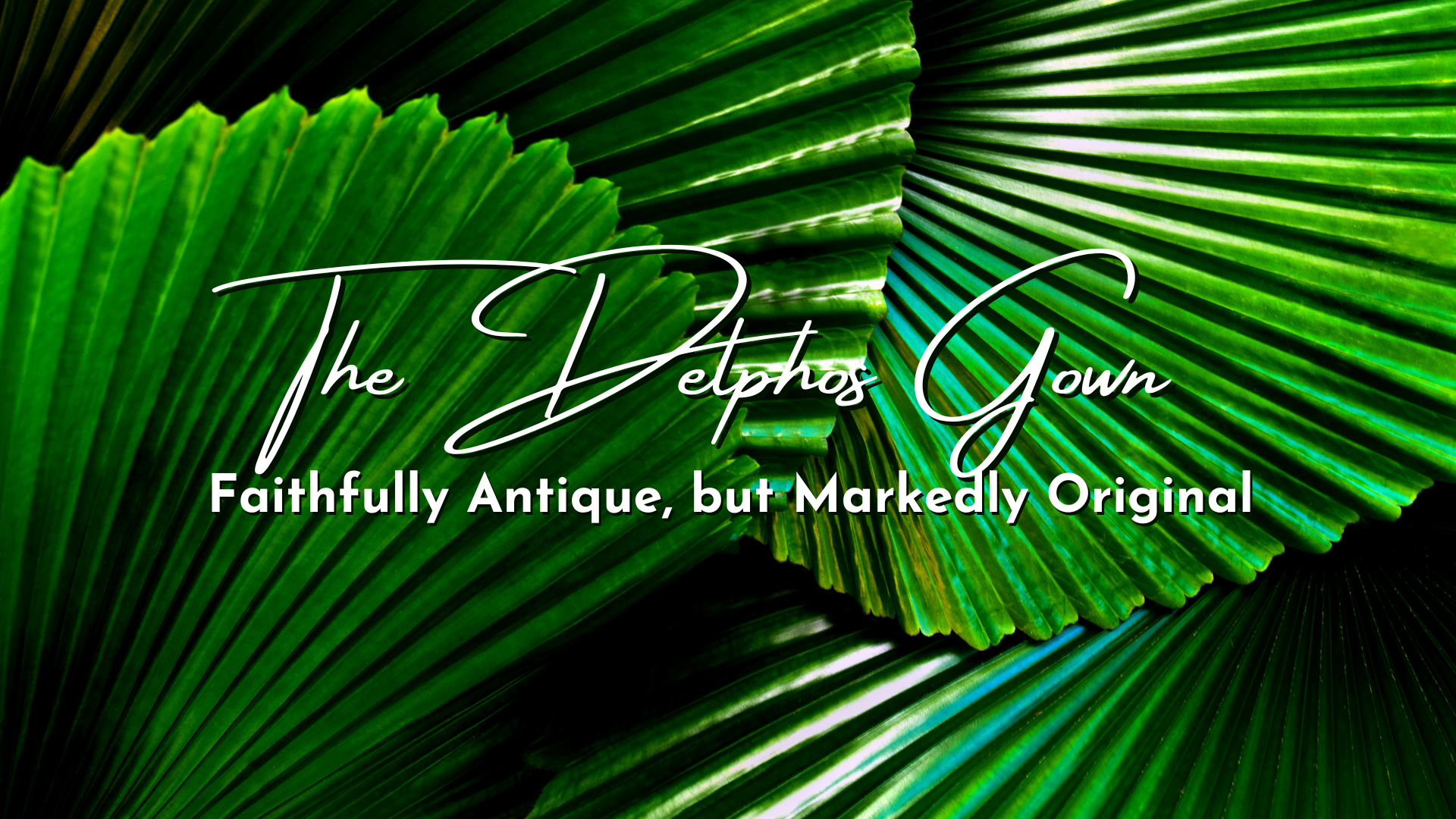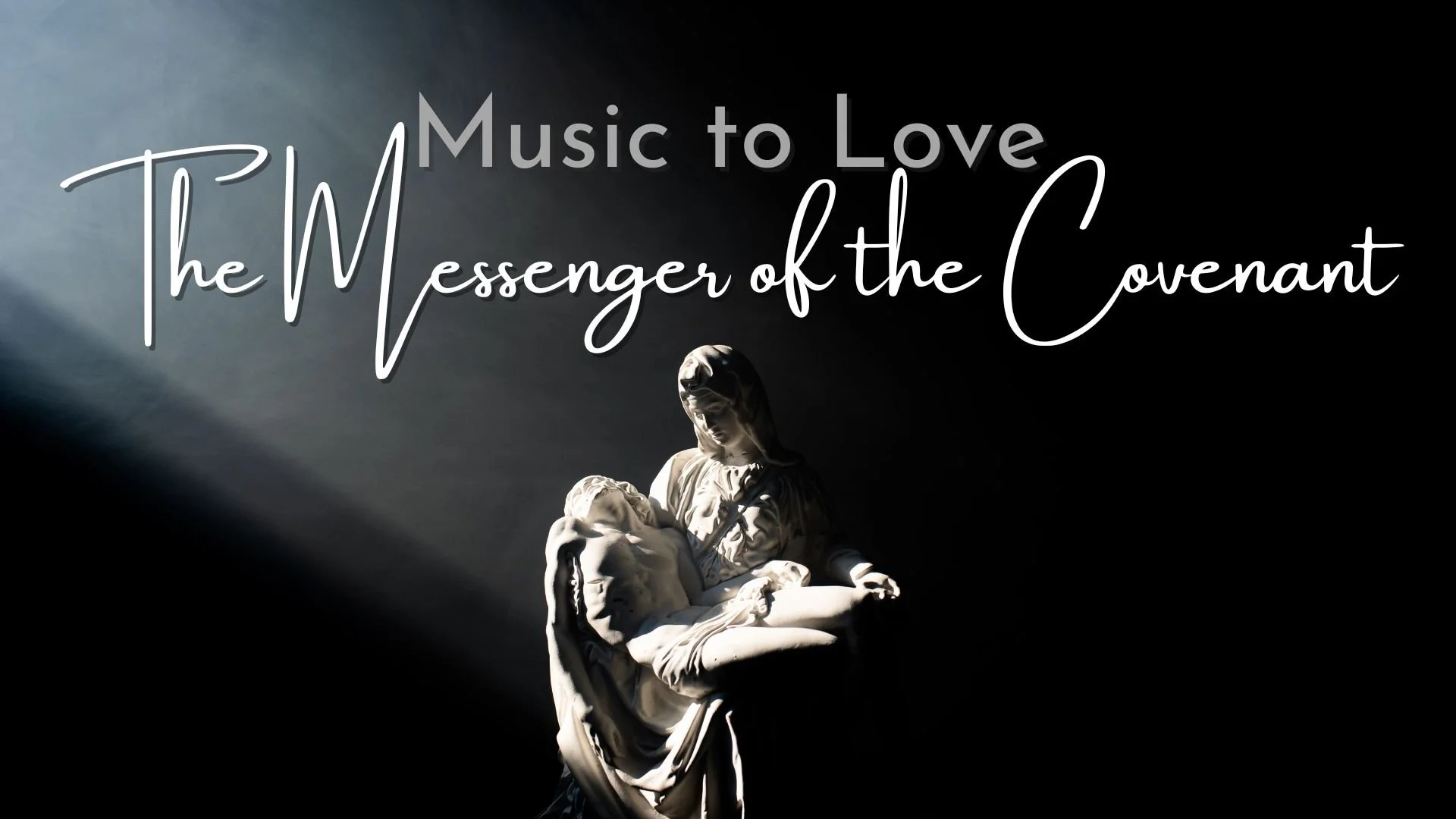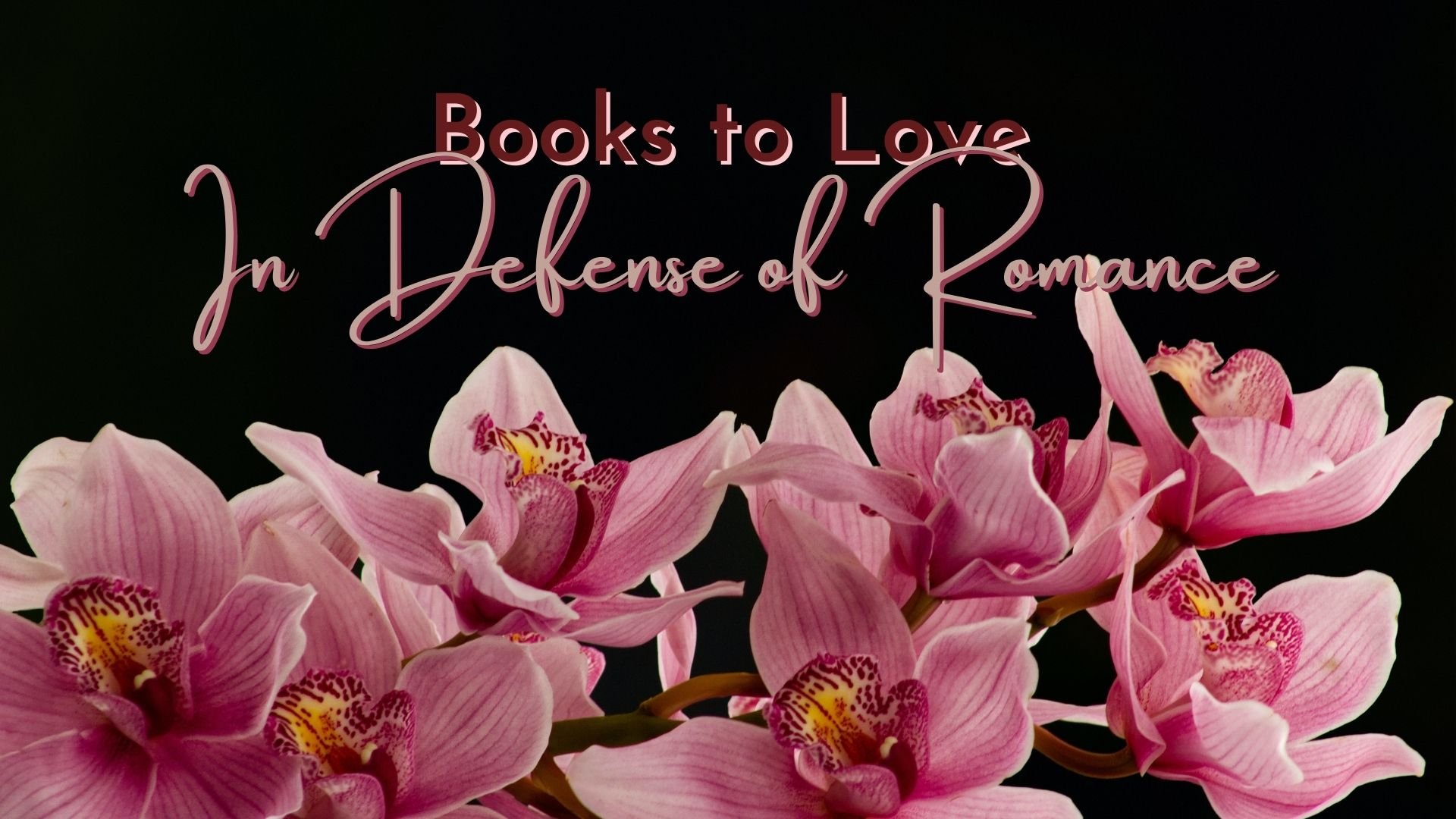Lines to Love: The Scourge of Frenchies Everywhere
Spring, my darling chicks, has sprung, and along with the blossoming and blooming (and, unfortunately for some near and dear to my heart, tearing and sneezing), certain reading appetites of mine have re-awakened.
I find myself drawn once again to one of my old favorites, the Baroness Orczy’s Scarlet Pimpernel. I can’t say precisely why this is. The book takes place in the fall, not the spring, but there’s just something about the story that begs to be read when the world is coming to life after the barrenness of winter. I guess it’s the florals. Florals generally conjure spring to mind. Especially those oft overlooked roadside flowers, the pimpernels. (Or perhaps it is because the protagonists of my first novel, Jackson and Penelope, have a lovely discussion- replete with Jackson’s spot on mimicry of Sir Percy- about The Scarlet Pimpernel and his exploits while enjoying the sun at a cafe in Montmartre in May. That could be it, too.)
And, of course, with every visit with that Elusive individual, I have the desire to pick up Lauren Willig’s Pink Carnation series afterward. The Pinks are a natural progression from the Pimpernel as they chronicle the exploits of a host of compatriots of Sir Percy who take up his mantle once he retires to Sussex with his beloved Marguerite. Truly, like Eloise, Willig’s modern-day heroine- well, historical snoop ferreting out the florid ring of English spies, but no matter- I could easily immerse myself in the flowery tales of espionage, intrigue, romance, and delphiniums.
So, here are a sampling of quotes from the Baroness and Willig (chronologically listed).
Without further ado… or perhaps, with much ado…
From The Scarlet Pimpernel, in which Marguerite, the cleverest woman in Europe, runs from her husband in tears because she fears she has completely lost the love of said husband, who is also the Scarlet Pimpernel, unbeknownst to her:
“Had she but turned back then, and looked out once more on the rose-lit garden, she would have seen that which would have made her sufferings seem but light and easy to bear— a strong man, overwhelmed with his own passion and his own despair. Pride had given way at last, obstinacy was gone: the will was powerless. He was but a man madly, blindly, passionately in love, and as soon as her light footsteps had died away within the house, he knelt down upon the terrace steps, and in the very madness of his love he kissed one by one the places where her small foot had trodden, and the stone balustrade there, where her tiny hand had rested last.”
From The Secret History of the Pink Carnation by Lauren Willig, first in the series, in which we find the world wondering the all important question: Who is the Purple Gentian?
“Some claimed the Purple Gentian was an English aristocrat, a darling of the London ton like Sir Percy Blakeney. Indeed, some said he was the Purple Gentian, fooling the foolish French by returning under a different name… Some said he was a soldier; others said he was a renegade priest. The French just said he was a damned nuisance. Or they would have, had they the good fortune to speak English. Instead, being French, they were forced to say it in their own language.”
From The Masque of the Black Tulip, in which we meet Augustus Whittlesby. It’s impossible to not love a man who uses the word sesquipedality with such aplomb:
“‘My goddess!’ A white-shirted figure lolled dramatically in her path, waistcoat open and sleeves billowing. Augustus Whittlesby, English expatriate and author of the most execrable effusions of verse ever to assault the ear, flung himself at Jane’s feet in an aspect of adoration. “My muse! My peerless patroness of sesquipedality!”
From The Deception of the Emerald Ring, in which we are given a glimpse into how the Pink Carnation and her floral compatriots keep their missives so elusive:
“From the row of broken bindings, Geoff drew an elderly copy of Virgil’s Aenied. That particular work had been chosen on the theory that the French, being a simple-minded sort of people, would never expect a code premised on Greek letters to lead to a Latin poem, and would fritter their time fruitlessly away trolling for hidden meaning in obscure fragments of plays by Sophocles. It had worked brilliantly so far; Geoff’s Paris informant assured him that agents of the Ministry of Police had commandeered all the available copies of Plato’s dialogues, and that there was scarcely a volume of Aristophanes to be found in all of Paris.”
From The Seduction of the Crimson Rose, in which Lord Sebastian Vaughn is being very much Lord Sebastian Vaughn:
“The house, which had been closed for well over a decade, was a masterpiece of Elizabethan handicraft— in other words, an offense to anyone with classical sensibilities. Vaughn regarded a series of panels with distaste. The repetition of the Tudor roses had undoubtedly been intended as a heavy-handed compliment to the monarch. The tapestries were even worse than the paneling, lugubrious depictions of the darker moments of the Old Testament, enlivened only by a rather buxom Eve, who seemed to be juggling her apples rather than eating them.”
From The Temptation of the Night Jasmine, in which the Dowager Duchess of Dovedale makes her entrance:
“On a throne-like chair in the center of the litter, draped in purple silk fringed with gold, perched none other than the Dowager Duchess of Dovedale, the woman who had launched a thousand ships— as their crews rowed for their lives in the opposite direction. She inspired horses to rear, jaded roués to blanch beneath their rouge, and young fops to jump out of ballroom windows. And she enjoyed every moment of it.”
From The Betrayal of the Blood Lily, in which we see a slice of Freddy, Penelope’s husband, and Captain Reid, Penelope’s match:
“Freddy seemed to grow even more burnished in the candlelight as he preened at the praise, like a medieval saint’s painting limned in gold lead. Captain Reid held his tongue, but there was something sarcastic about his shadow as it fell against the wall, as though made darker by Freddy’s luster.”
From The Garden Intrigue, in which Eloise, our historiographer, is taking a break from research to have some dinner in her boyfriend’s ancestral home:
“As Colin had informed her a while back, the house had been extensively redone in the late nineteenth century by an ancestor infatuated with the Arts and Crafts movement, which explained the heavy William Morris draperies over the windows and the Pre-Raphaelite murals on the walls— although I did wonder whether Persephone eating the pomegranate was really an appropriate scene for a dining room. What sort of message did that send? Sample the fruit plate and go straight to hell?”
From The Orchid Affair, in which Laura, our heroine, meets her employer, André Jaouen, who wears spectacles:
“The glint of the glass sharpened an already sharp gaze, sizing her up and filleting her into neat pieces all in the space of a moment’s inspection.”
From The Passion of the Purple Plumeria, in which we are given a synopsis of Miss Gwen’s novel, which echoes, oddly enough, Miss Gwen’s own life:
“Forced by dire circumstances into the role of companion and chaperone to the insipid Amarantha, Plumeria was a lady of good family (Gwen had toyed with making her a dethroned princess but decided it was trite; besides, she disapproved of excessive alliteration) with an extensive classical education, as well as knowledge of indigenous plants and swordplay.”
As to the eleventh installment, I will just give the title as the quote; The Mark of the Midnight Manzanilla has a special place in my heart as I was given the delicious opportunity to contribute this title as a suggestion. Truly, when Willig announced that this would be the title, I had an Auntie Mame moment, waving my device about with glee, declaring, Look, look! I’m in print like Edna Ferber. And although it’s only a title, it’s in print. Small beginnings, my darlings. Small beginnings.
From the final installment, The Lure of the Moonflower, in which we meet Jack Reid:
“Years of taking hard knocks kept Jack’s face wooden. The only reaction was his very stillness, a stillness he knew betrayed him as much as any response.”
And finally, I offer a sampling once more from The Scarlet Pimpernel:
Image courtesy Miss Dashwood @ tieyourowncravat.blogspot.com
“All his fatigue was forgotten; his shoulders must have been very sore, for the soldiers had hit hard, but the man's muscles seemed made of steel, and his energy was almost supernatural.”
There you have it; incontrovertible proof that Sir Percival Blakeney, Baronet, may very well be the first incarnation of a Kryptonian to grace the earth with his presence. How does he fit the criteria? Let me count the ways… an alternate ego that lends itself to being overlooked and disregarded as someone serious, elusive skills that always seem to place him at the right place at the right time to pull off the perfect rescue, energy that is almost supernatural… oh, yes, and muscles that seem to be MADE OF STEEL. Yep, the case for Sir Percy as the original Superman is shaping up quite nicely.
So, my darlings, I hope you have enjoyed this somewhat literary bouquet. Tell me, when spring comes, are there any books you return to with the same je ne sais quoi?


























































